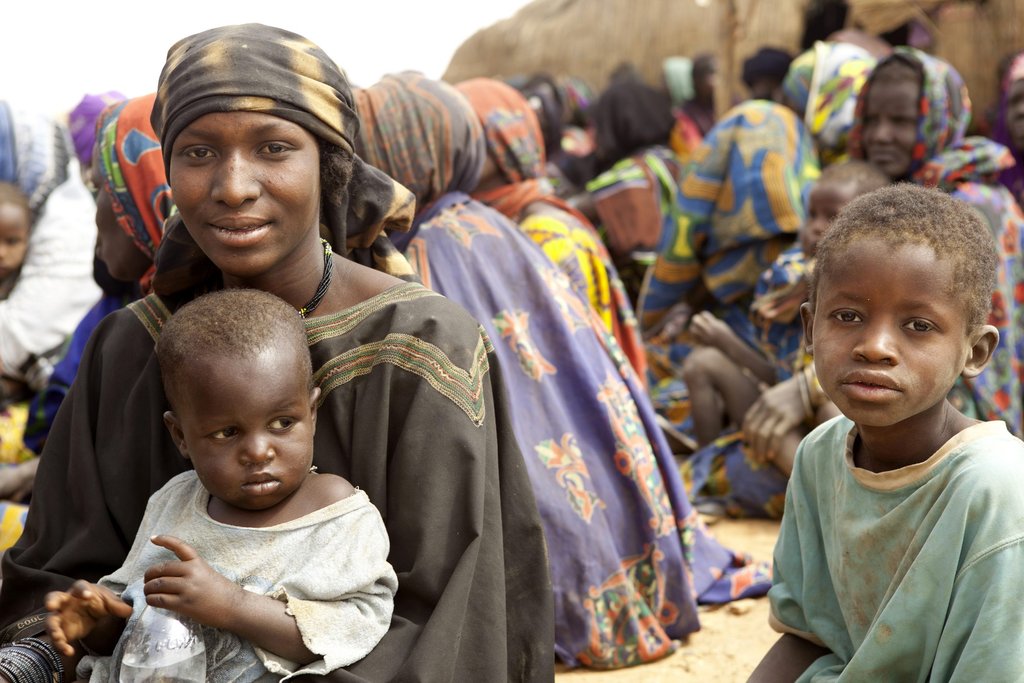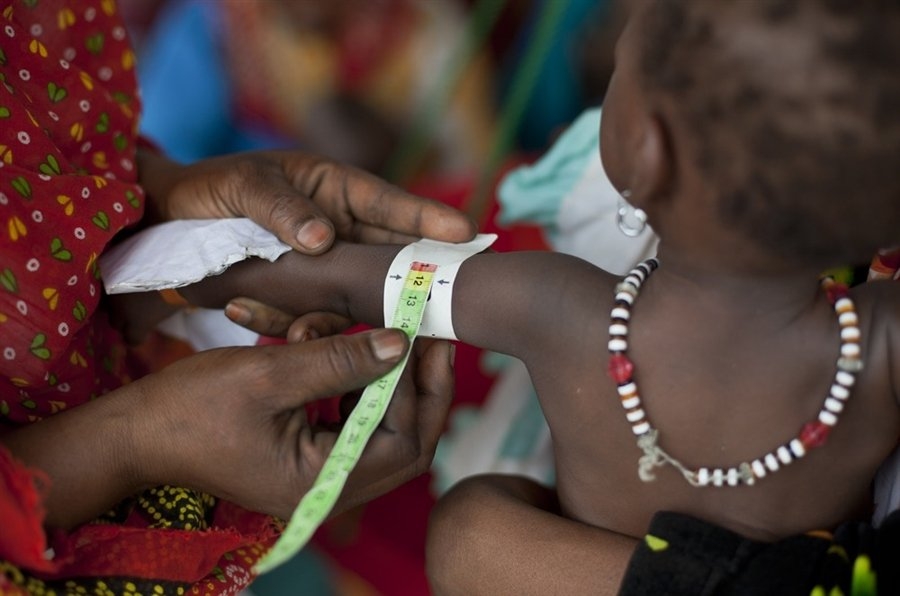
This blog is part of a series organized by The Huffington Post and the NGO alliance InterAction to call attention to the crisis in the Sahel, a region in sub-Saharan Africa where more than 18 million people face starvation and 1.1 million children under the age of 5 are at risk of dying from acute malnutrition. Click here to read more of HuffPost Impact's coverage of the Sahel and here to find out what InterAction members and others are doing in the Sahel.
HuffPost Impact has been covering Africa's Sahel region over the past several weeks, so by now you know that there is a crisis unfolding.
I think we can all agree that we would have done whatever was in our power to prevent the 2010 Haiti earthquake or the 2004 Indonesian tsunami. Yet, today, three times as many people are at risk of famine in Africa than those who perished in both those disasters combined. Fortunately, this time there's something we can do.
Photo: Ben Curtis, AP

Photo: GlobalGiving and U.S. Association for UNHCR
Most nonprofits will tell you that money spent toward emergency prevention is at least three times more efficient than money spent on emergency relief. You could wait a few months for the "CNN effect" to kick in, when the news stories and images from the Sahel will compel you to give from your heart. But instead, we believe in the Huffington Post effect. We're asking you to act with your head today, knowing that your donations can go further today to prevent more needless suffering in the Sahel.
Here are some ways you can give directly toward Sahel famine prevention and relief projects:
· $10 can provide one mosquito net to protect a malnourished child from malaria -- through the U.S. Association for UNHCR
· $25 buys seeds for enough fast-growing, drought-resistant crops to feed a family for one year in Mali -- through the Near East Foundation
· $30 provides one week's worth of Plumpy'Nut (a calorie- and nutrient-packed peanut paste) to three malnourished children in the Sahel -- through Action Against Hunger UK
· $50 will help vaccinate more than 600 children in Chad -- through Merlin USA
· $58 provides a household with a basket of food for two weeks in rural Niger -- through Mercy Corps
· $100 can provide a survival kit containing a blanket, mattress, kitchen set, stove, and soap to a refugee family fleeing into the Sahel from conflict in Mali -- through the U.S. Association for UNHCR
· $145 will build or repair water sources to provide clean and safe drinking water for three families in the Sahel -- through Oxfam USA
· $200 will provide four malnourished children with complete two-month treatments of Plumpy'Nut (a calorie- and nutrient-packed peanut paste) -- by Edesia, Inc.
· $500 will provide a herd of goats or sheep to a nomadic school in Niger -- through Rain for the Sahel and Sahara
Each of these projects is part of the GlobalGiving Sahel Relief Fund, a GlobalGiving fund set up to accept and disburse donations to projects with the most urgent needs and the greatest ability to help.
Last year, with help from Huffington Post readers, GlobalGiving raised more than $10 million for tsunami and earthquake relief in Japan. You can see photos and read stories about how those funds were used here. This year, if you give toward famine prevention and relief in the Sahel, you can opt-in to receive similar updates about how your donations save lives and prevent further suffering.
If you're not able to donate, we encourage you to share a blogpost from this series on Facebook, link to the page on twitter using the #ImpactSahel hashtag, or talk about what is happening in the Sahel with people you know. You can help families survive for the next few months by acting on what you've read.
Thank you for your generosity.
An earlier version of this post incorrectly attributed the first photo included to GlobalGiving and Edesia, Inc.
